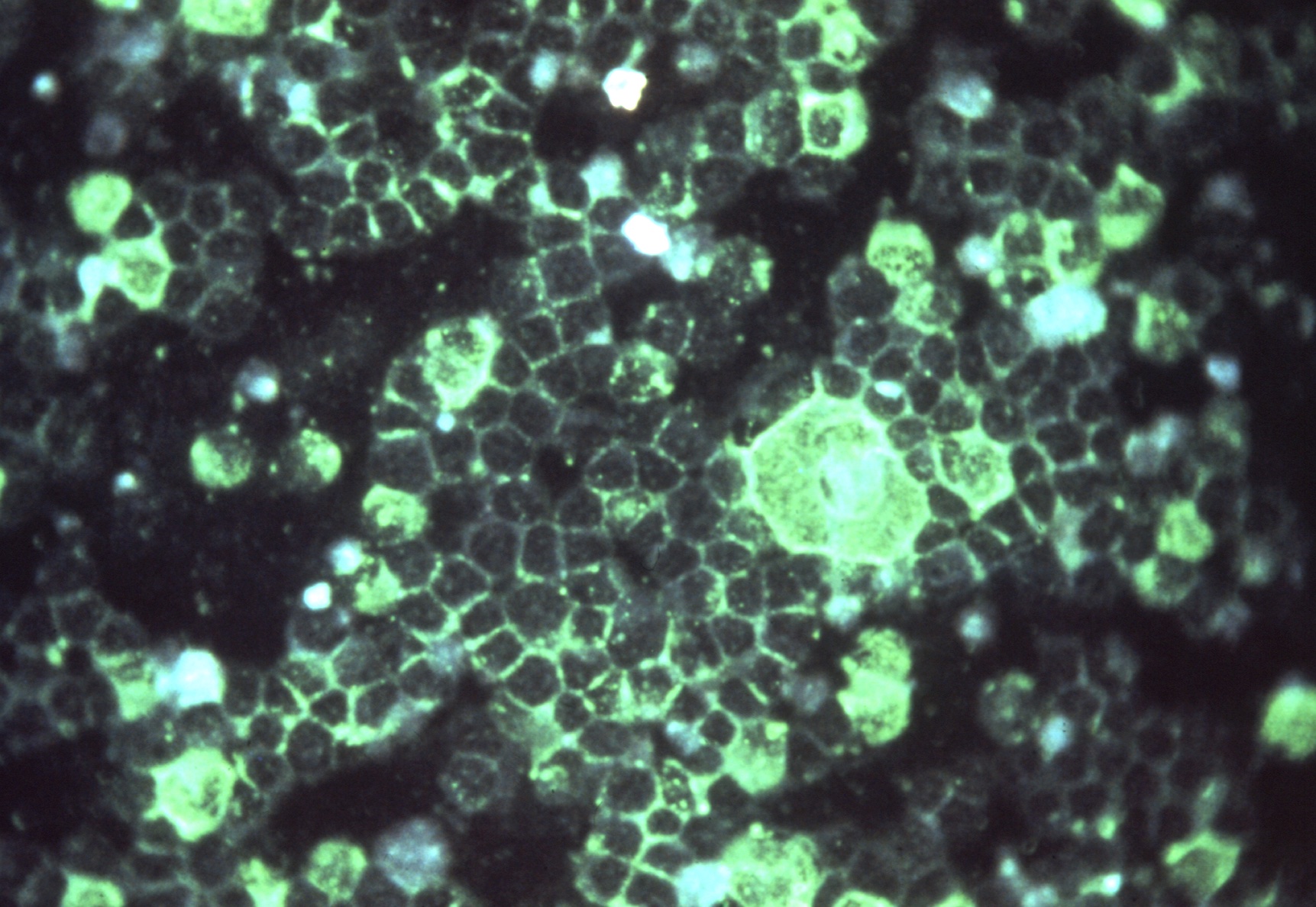WASHINGTON (Oct. 25, 2023)--Earlier this week, the Centers for Disease Control and Prevention alerted doctors about limited availability of a new antibody drug given to infants to prevent respiratory syncytial virus or RSV.
The Food and Drug Administration approved the antibody drug last summer. It is not a vaccine but works in a similar way to boost the immune response.
The drug shortage is happening just as CDC reported a jump in RSV cases nationwide. The virus typically causes mild respiratory symptoms but can cause severe illness in infants. In the US nearly 60,000 children younger than five are hospitalized for RSV each year.
The George Washington University has experts who can discuss the increase in RSV, the drug shortage as well as tips for how to stay safe this winter as RSV, flu and cases of COVID start to surge. To interview an expert, please contact Kathy Fackelmann, kfackelmann gwu [dot] edu (kfackelmann[at]gwu[dot]edu).
gwu [dot] edu (kfackelmann[at]gwu[dot]edu).
Michael Knight is an assistant professor of medicine at the GW School of Medicine & Health Sciences. He can discuss which groups are at greater risk of contracting RSV, including babies, and what people of all ages can do to stay healthy this winter.
Elissa Malkin is an assistant research professor of medicine at the GW Vaccine Research Unit at the School of Medicine & Health Sciences and has expertise in the RSV vaccine development process. She can talk about why it is important for vulnerable groups to get protection from RSV. Watch a video of Dr. Malkin discussing who is at risk for RSV and the promising field of vaccine candidates.
Maria Elena Ruiz is an associate professor of medicine and an infectious disease expert at the GW School of Medicine & Health Sciences. She can discuss RSV transmission and protection. She is fluent in Spanish, Portuguese or English.
-GW-




